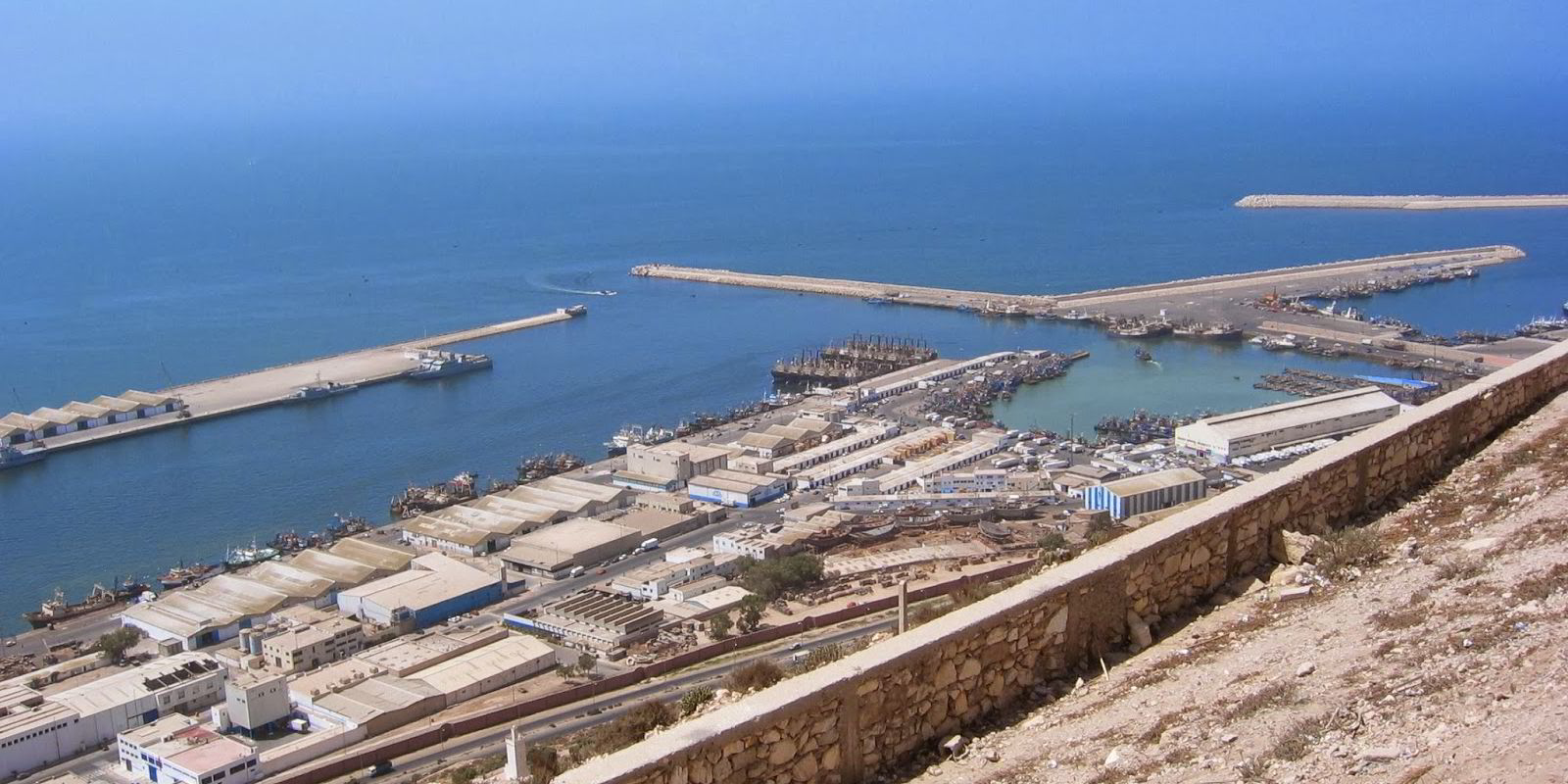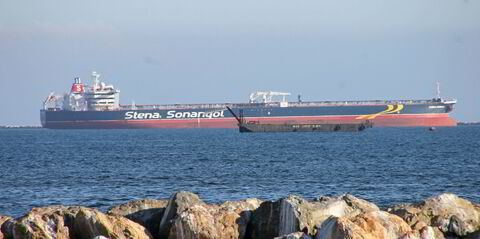Renewed export activity from Libya and stronger Atlantic Basin trading activity are firming up rates for aframax tankers.
News reports indicate that Libya’s National Oil Co (NOC) started looking this week to fix an aframax tanker to move 80,000 tonnes of crude oil from the Ras Lanuf oil terminal.
Last month, the NOC announced a deal with the current government and local militias that would see the terminal reopen. The country’s ongoing civil war has halted most exports from Ras Lanuf for nearly two years.
Another aframax was said to have loaded last month from the Zueitina terminal, which was closed since last year due to the conflict.
Aframax rates in the region have risen sharply with the Baltic Exchange’s assessment of rates on the cross-Mediterranean route rising from a year low of $2,000 per day in August to around $8,000 per day currently.
Along with fewer ships available in region, the Baltic Exchange’s weekly tanker report noted “there is upward pressure here aided also by potential renewed interest for Libya enquiry.”
Aframaxes on the route from the Baltic Sea to UK and European ports also saw a strong end to the week rising $2,000 per day to over $15,000 per day. That route also bottomed out at around $2,000 per day in August.
In addition to greater cargo activity in the region, MJLF analyst Court Smith attributed the gains in aframax rates to more refineries coming out of turnaround in preparation for the switch to producing winter-grade fuels.
Likewise, he says there have been more aframax cargoes from the US Gulf to Europe which has also been tying up overall ship supply.
The gains in the two routes have lifted overall aframax rates with the Baltic Exchange’s composite average for all aframax routes reaching just over $10,000 per day, which is double month ago levels.
But the recent gains have only pushed aframax rates back up to their five-year average, Smith says, and “rates remain depressed by the standards of the last two years.” Moreover, low suezmax rates might mean those ships cannibalise cargoes from aframaxes.
“The weakness of the suezmax market is allowing charterers to book the larger tankers for some aframax stems, which is helping to stop a significant rebound in rates,” Smith said.



